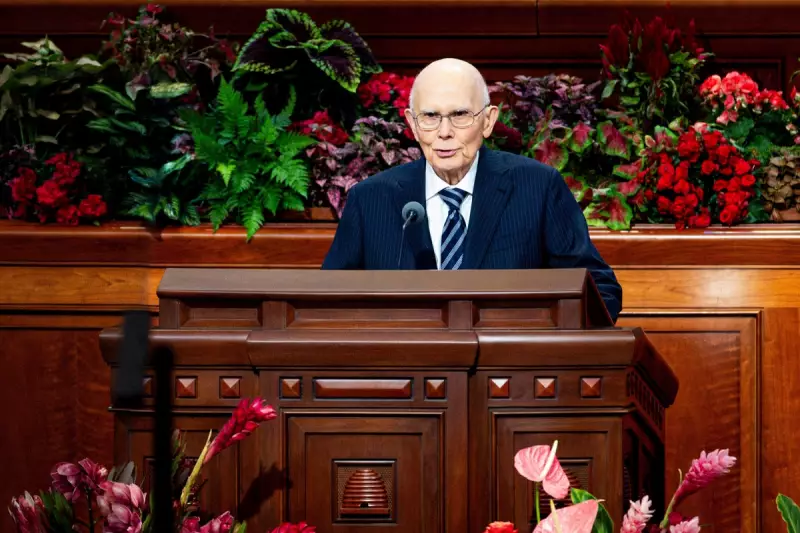
Salt Lake City, long considered an impregnable fortress of American conservatism, is showing surprising signs of political transformation that could signal a fundamental shift in one of the nation's most reliably Republican states.
The Changing Face of Mormon Country
Recent demographic changes and evolving social attitudes are challenging Utah's traditional political identity, with experts noting that the state's famous homogeneity is rapidly giving way to greater diversity. The very foundations that have made Utah a Republican stronghold for generations are being tested by new residents, younger voters, and changing priorities among the state's dominant Mormon population.
Expert Analysis Points to Significant Shifts
Political analysts observing the Utah landscape identify several key factors driving this transformation:
- Demographic diversification bringing new political perspectives
- Younger generations of Mormons expressing different priorities
- Urban concentration of more liberal voters in Salt Lake County
- Growing independent voter registration challenging party loyalty
"What we're witnessing in Utah represents a fascinating case study in political evolution," noted one political scientist familiar with the region. "The state that once seemed immune to the political changes affecting other parts of the country is now experiencing its own version of political realignment."
Conservative Commentators Sound Alarm
The changes haven't gone unnoticed by prominent conservative voices. Charlie Kirk, founder of Turning Point USA, recently expressed concern about the political direction of what was once considered safe conservative territory. His warnings highlight the anxiety among some Republican strategists about maintaining control in traditionally reliable states.
Implications for National Politics
Should Utah's political transformation continue, the consequences could ripple through national politics:
- Republican electoral calculations would need to adjust for potentially competitive races
- National political strategies might require reconsideration of "safe" states
- Policy priorities could shift to address the concerns of a changing electorate
- Cultural influence of traditionally conservative regions might diminish
While Utah remains predominantly conservative, the trends observed by political experts suggest that the state's political future may be more complex and competitive than previously assumed. The evolution of this mountain state bears watching as a bellwether for broader political changes across America's heartland.





